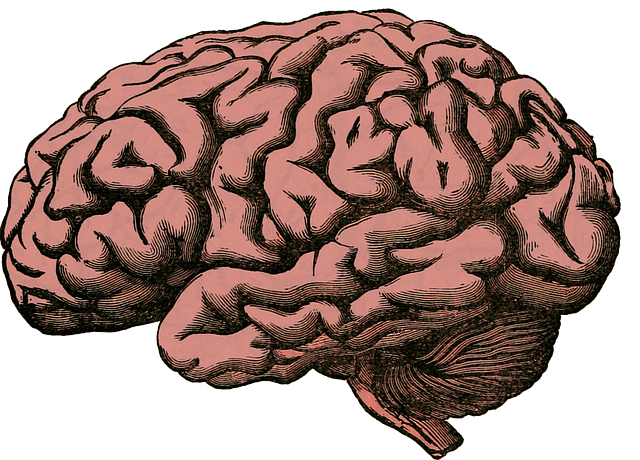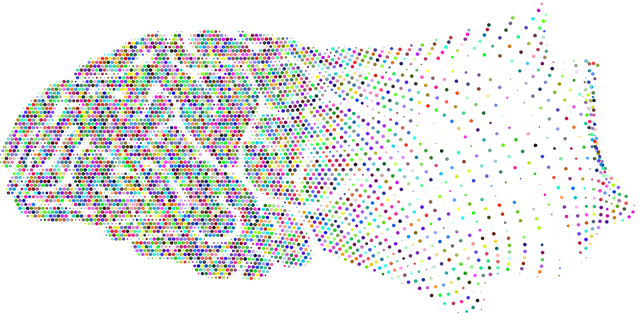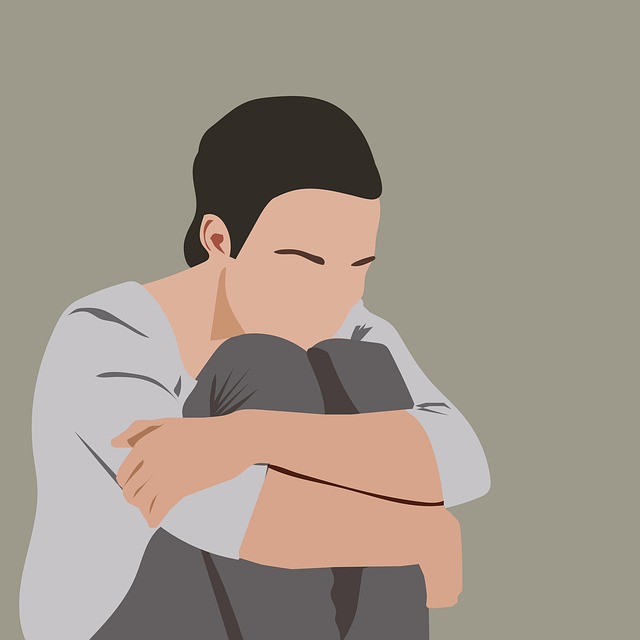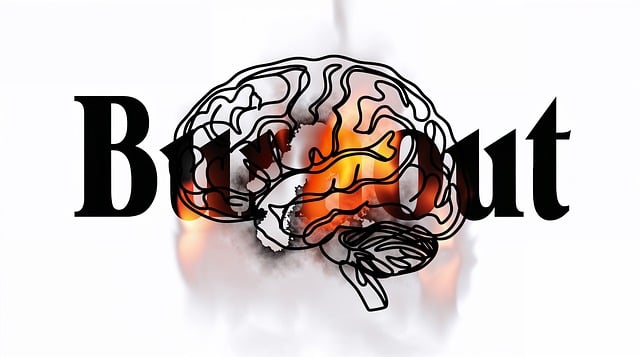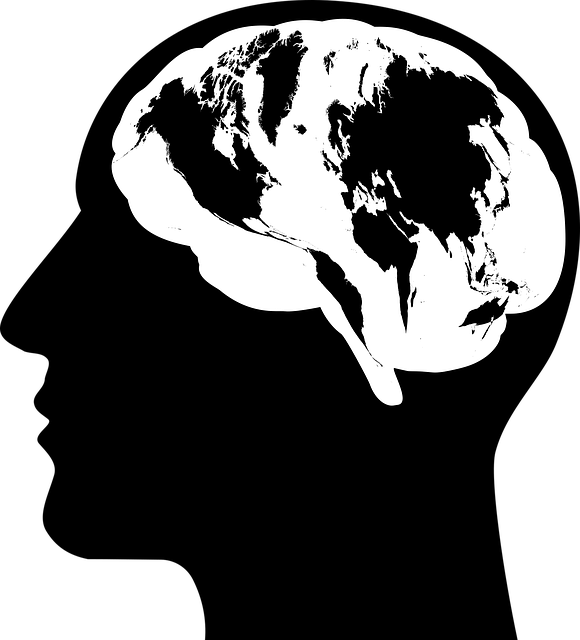In today's diverse world, culture significantly influences mental healthcare, particularly when treating adult depression. Understanding cultural differences is vital for tailoring effective therapy as depression manifests uniquely across cultures. Training mental health professionals in cultural sensitivity fosters trust and positive outcomes. Overcoming barriers like lack of cultural competency and language issues is essential. Strategies include culturally adapted resources, crisis interventions tailored to backgrounds, and cross-cultural communication skills training. These approaches enhance therapy for adults with depression, improve patient satisfaction, and promote inclusivity.
In today’s diverse society, cultural sensitivity is paramount in mental healthcare. Understanding cultural diversity shapes effective treatment plans, especially for adults struggling with depression. This article explores the profound impact of culture on mental health and therapy outcomes. We delve into the significance of cultural sensitivity in adult depression therapy, highlighting barriers to culturally responsive practice and offering strategies for clinical settings. Through case studies, we showcase successful implementations of culture-conscious therapies, emphasizing the value of tailored approaches for optimal patient care.
- Understanding Cultural Diversity and Its Impact on Mental Health
- The Importance of Cultural Sensitivity in Therapy for Adults with Depression
- Barriers to Culturally Responsive Practice in Mental Healthcare
- Strategies for Incorporating Cultural Sensitivity in Clinical Settings
- Case Studies: Successful Implementation of Culture-Conscious Therapies
Understanding Cultural Diversity and Its Impact on Mental Health

In today’s diverse societies, recognizing and understanding cultural diversity is paramount in mental healthcare practice. Cultural sensitivity means acknowledging that individuals’ experiences, beliefs, and expressions of distress are deeply shaped by their cultural backgrounds. This realization has significant implications for therapy, especially when treating adults with depression, a condition that can manifest differently across cultures due to varying social norms and emotional regulation strategies. For instance, some cultures may express sadness more openly, while others might suppress emotions as a sign of strength, influencing how individuals seek help and respond to treatment.
Cultural sensitivity in mental healthcare is achieved through competency training for healthcare providers. This training equips professionals with the skills to navigate these cultural nuances, ensuring effective communication and tailored care. By embracing this approach, therapists can create safer spaces for adults seeking therapy for depression, fostering trust and enhancing the potential for positive outcomes. Effective treatment becomes more accessible when healthcare providers understand and respect the diverse ways people experience and cope with mental health challenges.
The Importance of Cultural Sensitivity in Therapy for Adults with Depression

Cultural sensitivity is a cornerstone in providing effective therapy for adults experiencing depression. In today’s diverse society, mental health professionals must be equipped to understand and navigate the complex interplay between cultural beliefs, practices, and mental illness. Depression, a condition that transcends cultural boundaries, can manifest differently across ethnic, racial, and socioeconomic groups. What works as a coping skill in one culture might not be culturally appropriate or effective for another.
Therefore, therapists must go beyond standard treatment protocols to foster an environment where clients feel seen, heard, and respected. This involves learning about their client’s cultural background, incorporating their traditional healing practices when applicable, and providing trauma support services if needed. By doing so, professionals can enhance the therapeutic process, promote coping skills development, and prevent burnout among both the therapist and client.
Barriers to Culturally Responsive Practice in Mental Healthcare

In the pursuit of culturally sensitive mental healthcare, several barriers often impede the development of responsive practice. One significant challenge is the lack of cultural competency among healthcare providers. This may stem from inadequate training in diverse cultural perspectives, leading to misconceptions and misunderstandings that hinder effective treatment. Moreover, language barriers pose a substantial obstacle, particularly when translating services does not capture nuanced cultural expressions related to mental health.
Another critical aspect is the need for inclusive resources tailored to different cultural backgrounds. Many existing therapeutic approaches may not resonate with various ethnic or socioeconomic groups, potentially limiting their effectiveness in treating conditions like depression among adults. Enhancing mental wellness requires culturally adapted strategies that consider traditional beliefs and practices, fostering a sense of belonging and encouraging open dialogue about emotional intelligence.
Strategies for Incorporating Cultural Sensitivity in Clinical Settings

Incorporating cultural sensitivity into clinical settings is a multifaceted process that enriches therapy for adults with depression and other mental health conditions. One effective strategy is crisis intervention guidance tailored to the client’s cultural background, ensuring their immediate needs are addressed with empathy and understanding. Mental wellness podcast series production can also serve as a powerful tool—creating content that reflects diverse cultural narratives and experiences can help reduce stigma and foster a sense of belonging among listeners.
Additionally, training healthcare providers in cross-cultural communication skills, such as active listening and non-verbal cues, enhances their ability to connect with clients from different backgrounds. This knowledge enables practitioners to adapt therapeutic approaches, ensuring that emotional regulation techniques are culturally appropriate and effective. Mental wellness Podcast Series Production can further support this by featuring diverse voices, sharing cultural insights, and providing practical strategies for managing mental health within specific cultural contexts.
Case Studies: Successful Implementation of Culture-Conscious Therapies

In recent years, mental healthcare practitioners have increasingly recognized the importance of cultural sensitivity in treating diverse patient populations. Case studies demonstrate that implementing culture-conscious therapies can significantly enhance the effectiveness of treatment for adults experiencing depression. For instance, a study focusing on a multicultural community revealed that integrating self-awareness exercises tailored to individual cultural backgrounds led to improved anxiety relief and mental wellness outcomes.
Practitioners who adapt their therapeutic approaches to respect and understand patients’ cultural contexts create safer and more inclusive environments. This, in turn, fosters open communication, encouraging clients to share personal experiences and beliefs that might otherwise remain hidden. By incorporating strategies like these, therapists can offer more personalized care, ultimately improving patient satisfaction and treatment adherence, especially among individuals from diverse ethnic, racial, and socioeconomic backgrounds.
Cultural sensitivity is an indispensable aspect of mental healthcare, particularly in treating depression among adults. By understanding and respecting cultural diversity, therapists can create a safe and inclusive environment that enhances therapeutic outcomes. Overcoming barriers to culturally responsive practice involves training, self-reflection, and adaptive strategies tailored to individual patient needs. The case studies presented demonstrate the success of integrating cultural sensitivity, leading to improved engagement, satisfaction, and clinical results in therapy for adults with depression. Embracing cultural diversity in mental healthcare is not just a moral imperative but also a key to effective treatment delivery.


